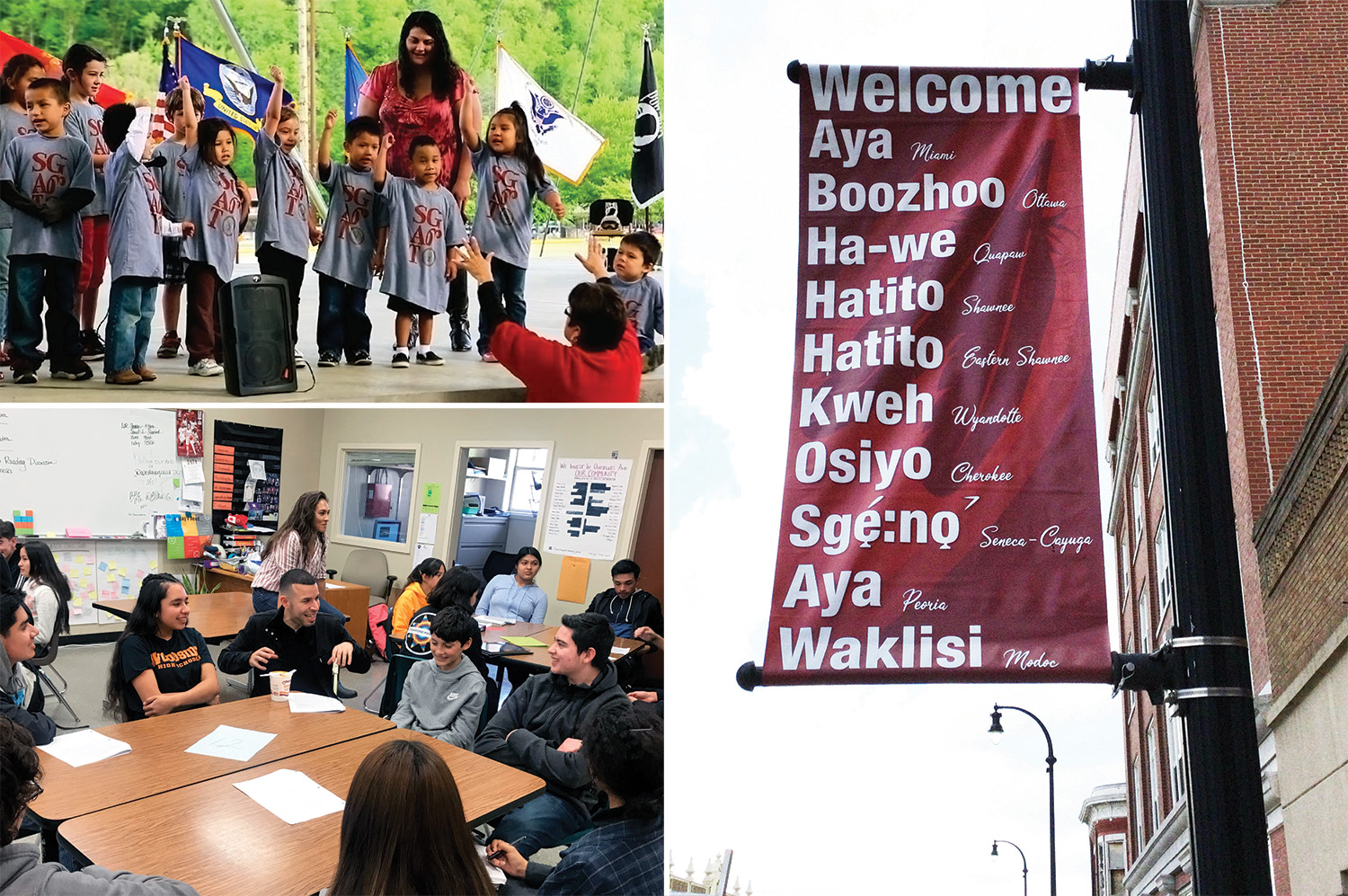By Dædalus Editorial
We are all vulnerable to emotional distress. COVID-19 made as much clear, subjecting many to the prolonged pain of isolation, loneliness, job and housing insecurity, and grief. The pandemic increased the prevalence of mental disorders, especially among the young, worsened the substance use epidemic, and created still more barriers to accessing care. But it also increased attention on mental health issues, reducing some of the stigma and discrimination associated with mental illness and enabling more people to share their inner struggles.
The authors of the Fall 2023 issue of Dædalus on “Mental Health,” edited by Arthur Kleinman, view this moment as an opportunity to fundamentally transform our mental health systems. Drawing from psychiatry, neuroscience, public health, public policy, genetics, and social science, the authors identify the tensions, breakthroughs, and gaps in our understanding of mental health. And they develop a social medicine perspective to envision new models of care. This perspective recognizes the social and historical determinants of mental health; reduces the overmedicalization of mental disorders; helps identify which treatments will be effective for which patients; and employs the resources available in every community to help address the mental health crisis.
The Dædalus volume on “Mental Health” features the following essays:
Preface
Arthur Kleinman
Introduction: How Mental Health Matters
Anne E. Becker, Giuseppe Raviola & Arthur Kleinman
The Missing Piece: A Population Health Perspective to Address the U.S. Mental Health Crisis
Laura Sampson, Laura D. Kubzansky & Karestan C. Koenen
American Gun Violence & Mental Illness: Reducing Risk, Restoring Health, Respecting Rights & Reviving Communities
Jeffrey W. Swanson & Mark L. Rosenberg
Rethinking Psychiatry: Solutions for a Sociogenic Crisis
Helena Hansen, Kevin J. Gutierrez & Saudi Garcia
The Protest Psychosis & the Future of Equity & Diversity Efforts in American Psychiatry
Jonathan M. Metzl
Democracy Therapy: Lessons from ThriveNYC
Gary Belkin
Indigenous Historical Trauma: Alter-Native Explanations for Mental Health Inequities
Joseph P. Gone
Disorders of Mood: The Experience of Those Who Have Them
Kay Redfield Jamison
Mental Health’s Stalled (Biological) Revolution: Its Origins, Aftermath & Future Opportunities
Anne Harrington
The Biology of Mental Disorders: Progress at Last
Steven E. Hyman
Two Sides of Depression: Medical & Social
Allan V. Horwitz & Jerome C. Wakefield
Can Mental Health Care Become More Human by Becoming More Digital?
Isaac R. Galatzer-Levy, Gabriel J. Aranovich & Thomas R. Insel
Empowering the (Extra)Ordinary
Vikram Patel & Atif Rahman
Good Mental Health Care: What It Is, What It Is Not & What It Could Be
Arthur Kleinman & Caleb Gardner
The Dædalus volume on “Mental Health” is available on the Academy’s website.
Linguistic justice is central to social justice. From the concept of “standardized languages”—which many consider essential for writing and speaking in academic settings—to the language choices made in negotiating the administration of social and political justice, language use is highly politicized behavior. But how can we contend with inequalities of race and ethnicity without identifying and addressing explicit and implicit racist language use and bias at an institutional level?
The Summer 2023 issue of Dædalus on “Language & Social Justice in the United States,” edited by Walt Wolfram, Anne H. Charity Hudley, and Guadalupe Valdés, examines the expression and consequences of linguistic biases and suggests how we can integrate linguistic justice into our core values. The authors call for expansive approaches to countering linguistic injustice—in the witness and jury box, at work, in art, in our everyday conversations, and beyond.
The Dædalus volume on “Language & Social Justice in the United States” features the following essays:
Language & Social Justice in the United States: An Introduction
Walt Wolfram, Anne H. Charity Hudley & Guadalupe Valdés
Language Standardization & Linguistic Subordination
Anne Curzan, Robin M. Queen, Kristin VanEyk & Rachel Elizabeth Weissler
Addressing Linguistic Inequality in Higher Education: A Proactive Model
Walt Wolfram
Social Justice Challenges of “Teaching” Languages
Guadalupe Valdés
Refusing “Endangered Languages” Narratives
Wesley Y. Leonard
Climate & Language: An Entangled Crisis
Julia C. Fine, Jessica Love-Nichols & Bernard C. Perley
Rethinking Language Barriers & Social Justice from a Raciolinguistic Perspective
Jonathan Rosa & Nelson Flores
Black Womanhood: Raciolinguistic Intersections of Gender, Sexuality & Social Status in the Aftermaths of Colonization
Aris Moreno Clemons & Jessica A. Grieser
Asian American Racialization & Model Minority Logics in Linguistics
Joyhanna Yoo, Cheryl Lee, Andrew Cheng & Anusha Ànand
Inventing “the White Voice”: Racial Capitalism, Raciolinguistics & Culturally Sustaining Pedagogies
H. Samy Alim
Linguistic Profiling across International Geopolitical Landscapes
John Baugh
Language on Trial
Sharese King & John R. Rickford
Currents of Innuendo Converge on an American Path to Political Hate
Norma Mendoza-Denton
Liberatory Linguistics
Anne H. Charity Hudley
“Language & Social Justice in the United States” is available on the Academy’s website.

